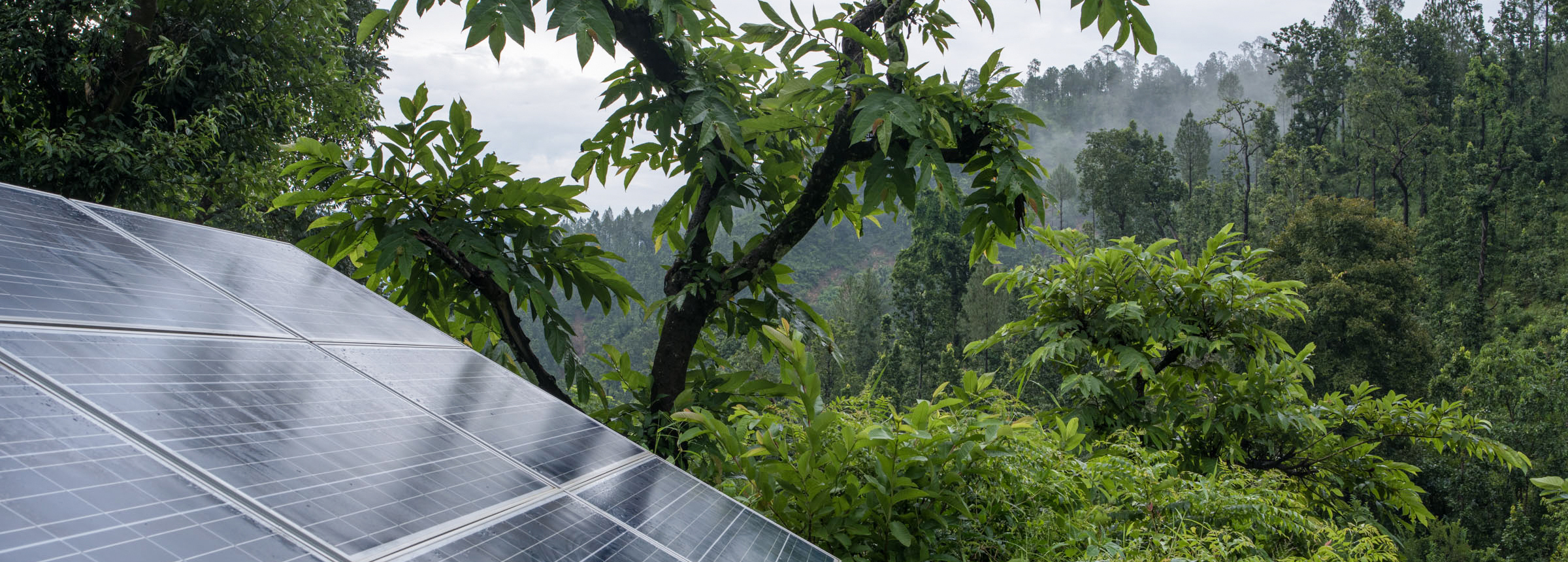Projects
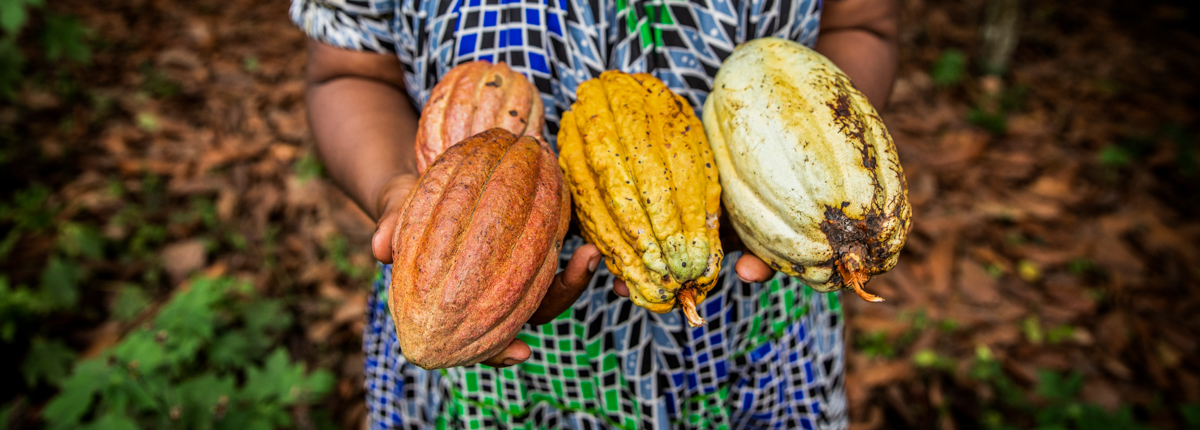
West Africa Biodiversity and Low Emissions Development (WABiLED) activity
The West Africa Biodiversity and Low Emissions Development activity promotes biodiversity conservation and supports climate-resilient, low emissions development in the West African countries of Cote d’Ivoire, Guinea, Liberia and Sierra Leone. As a partnering organization in this USAID activity, Winrock will support the development and implementation of rural livelihood activities that generate income and support…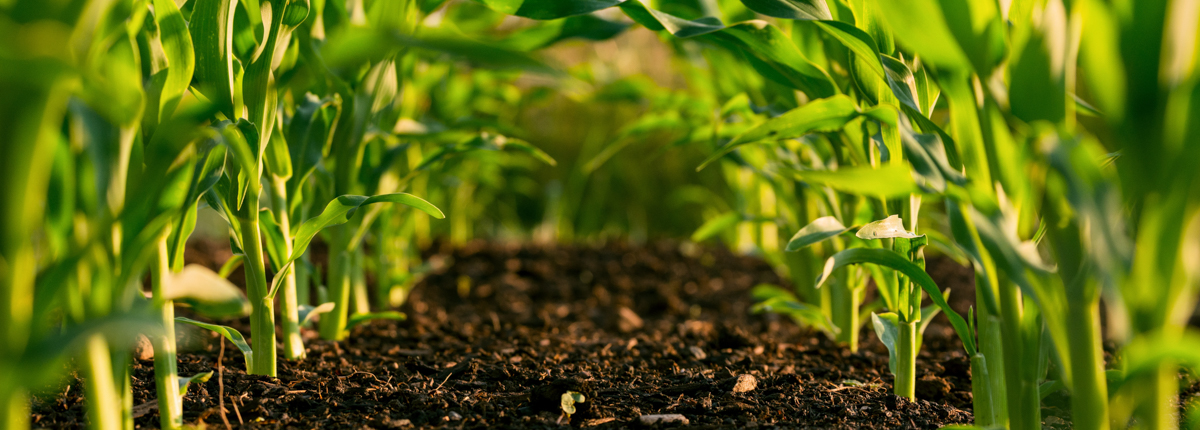
Advancing Organic Agriculture in the Mid-South II
Winrock’s Advancing Organic Agriculture in the Mid-South II project takes a research- and evidence-based approach to generate and share practical information to farmers who are interested in transitioning to, and/or becoming certified organic producers. Focusing on the three mid-Southern states of Arkansas, Missouri, and Tennessee ─ where organic production lags behind much of the rest […]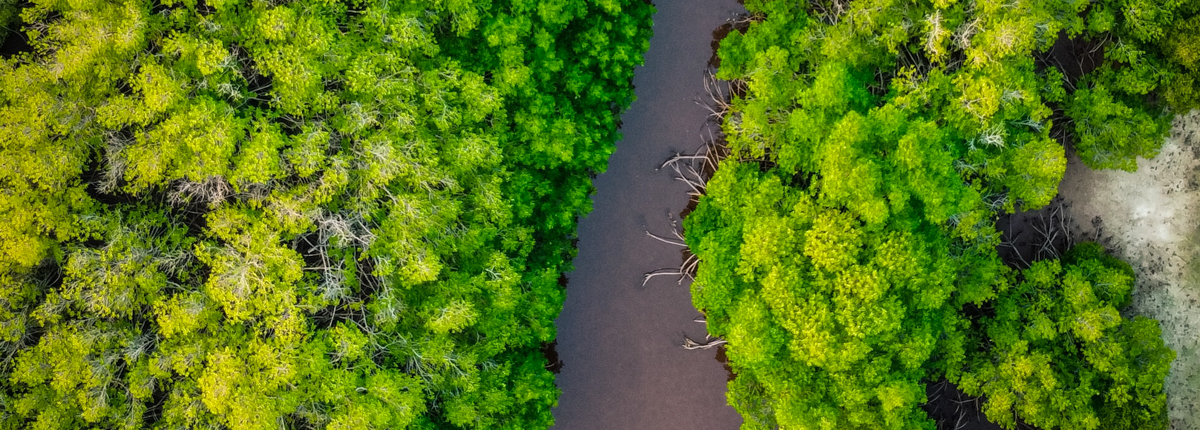
Blue Carbon Feasibility Study for the Bahamas
The resiliency of The Commonwealth of The Bahamas under a changing climate depends on healthy coastal wetlands that protect communities from rising sea levels, saltwater intrusion, and increased frequency of storms. Mangroves are coastal wetlands with unique carbon and resiliency benefits, and can enhance the Bahamian government’s ability to mitigate and adapt to climate change…
Nestle Greenhouse Gas Project Procurement
Nestlé has committed to reducing its greenhouse gas (GHG) emissions by 20 percent by 2025, to cut its GHG emissions in half by 2030, and to achieve net zero by 2050 – even as its business continues to grow. (For more details, see Nestlé Net Zero Roadmap.) Winrock International supported Nestlé to identify reduction and removals projects […]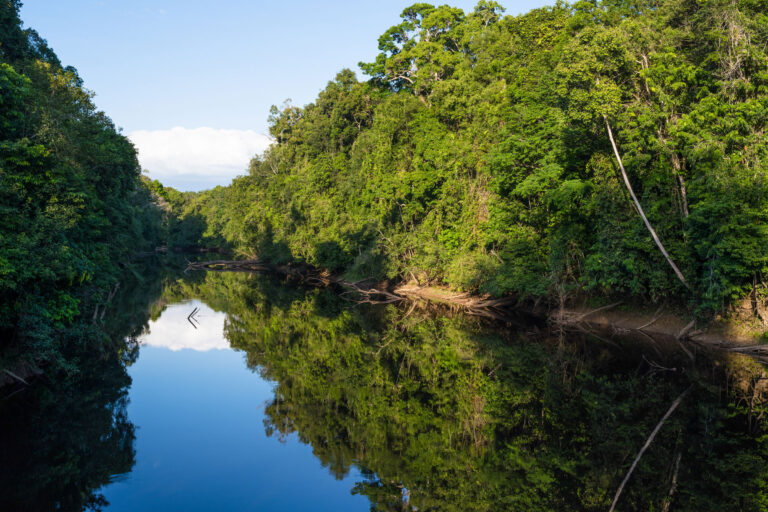
Offset National Emissions through Sustainable Landscapes (ONE-SL)
As businesses strive to achieve a carbon neutral footprint and demand for carbon offsets increases, developing countries are seeking new ways to finance efforts to reduce emissions, including from forest land use. The Offset National Emissions through Sustainable Landscapes (ONE-SL) project aims to develop enhanced understanding and capacity for successful implementation of nested jurisdictional Reducing […]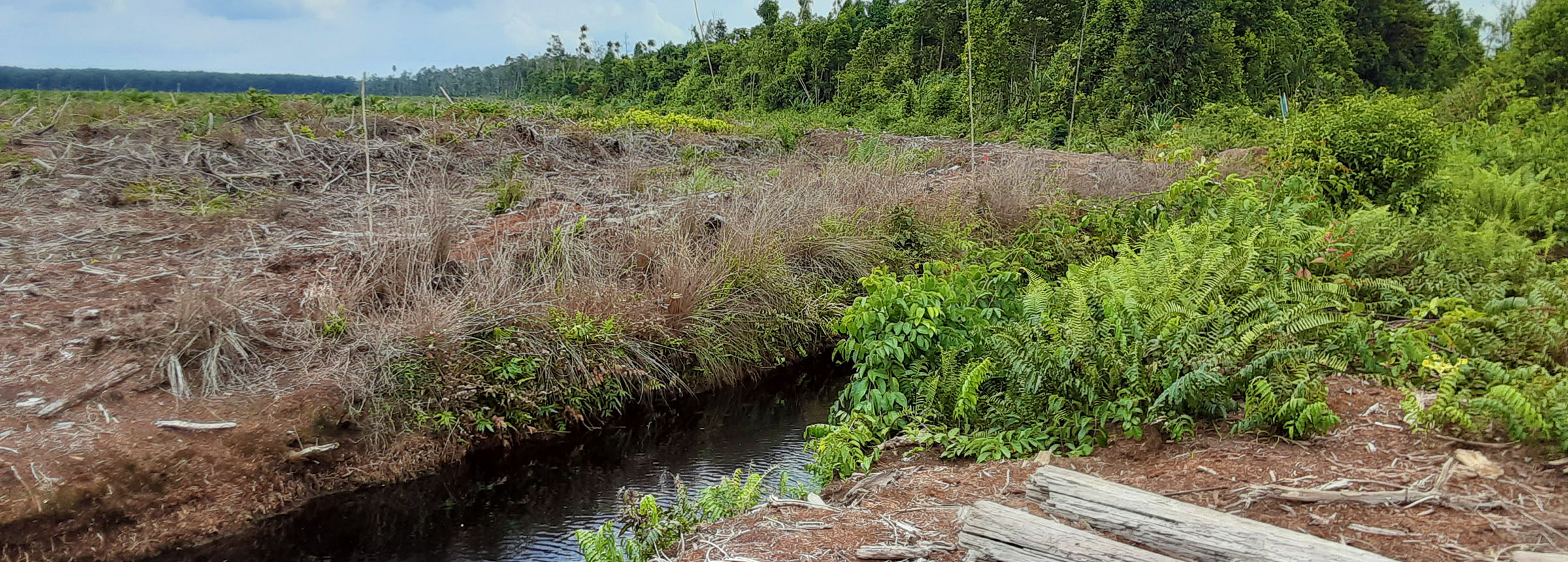
Protecting Peatland Forest Through a Social Forestry Scheme in Siak, Indonesia
The draining of carbon-rich peatlands in Indonesia for agriculture has led in recent decades to increasingly large fires and greenhouse gas emissions. Winrock is working with local communities to develop a set of peatland Social Forestry schemes in Indonesia’s Siak District to overcome the barriers to sustainable peatland forest management and promote the protection of […]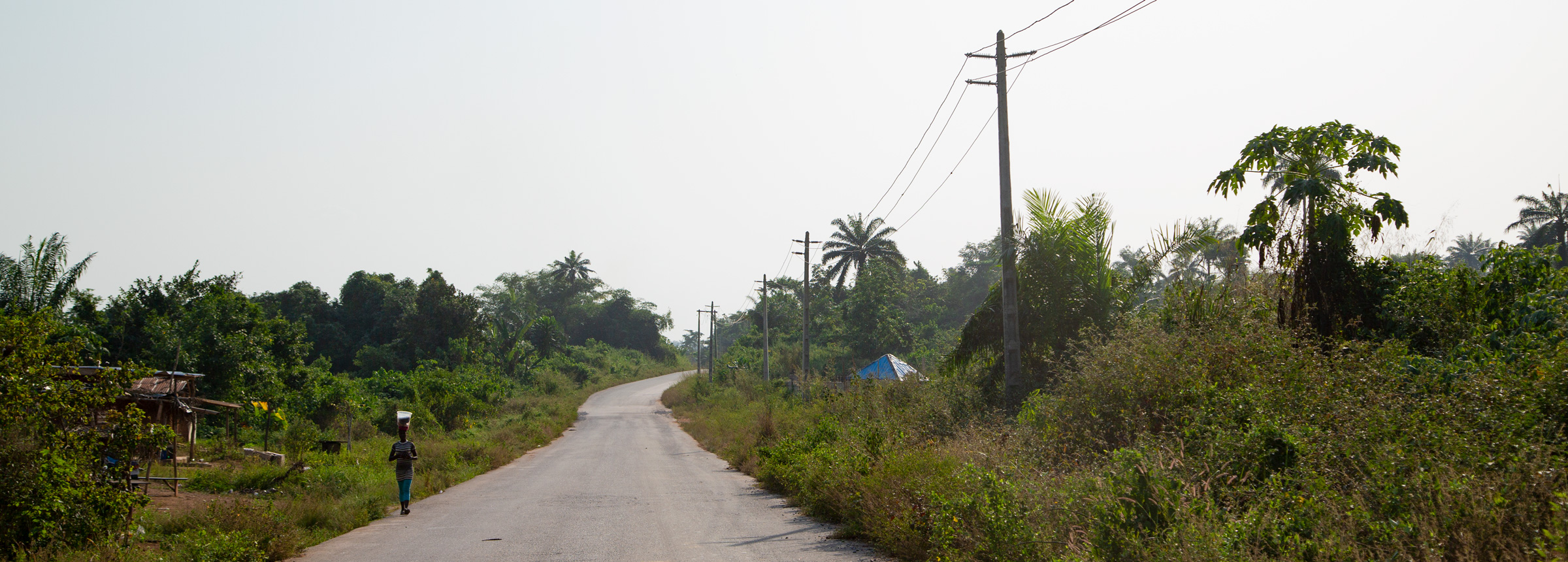
SUNREF Nigeria
The Sustainable Use of Natural Resources and Energy Finance (SUNREF) Nigeria project seeks to improve access to affordable finance for renewable energy and energy efficiency technologies, a critical step to increase economic opportunities, reduce carbon emissions, create employment, and ultimately promote sustainable development in Nigeria. These outcomes will be achieved by removing the barriers to […]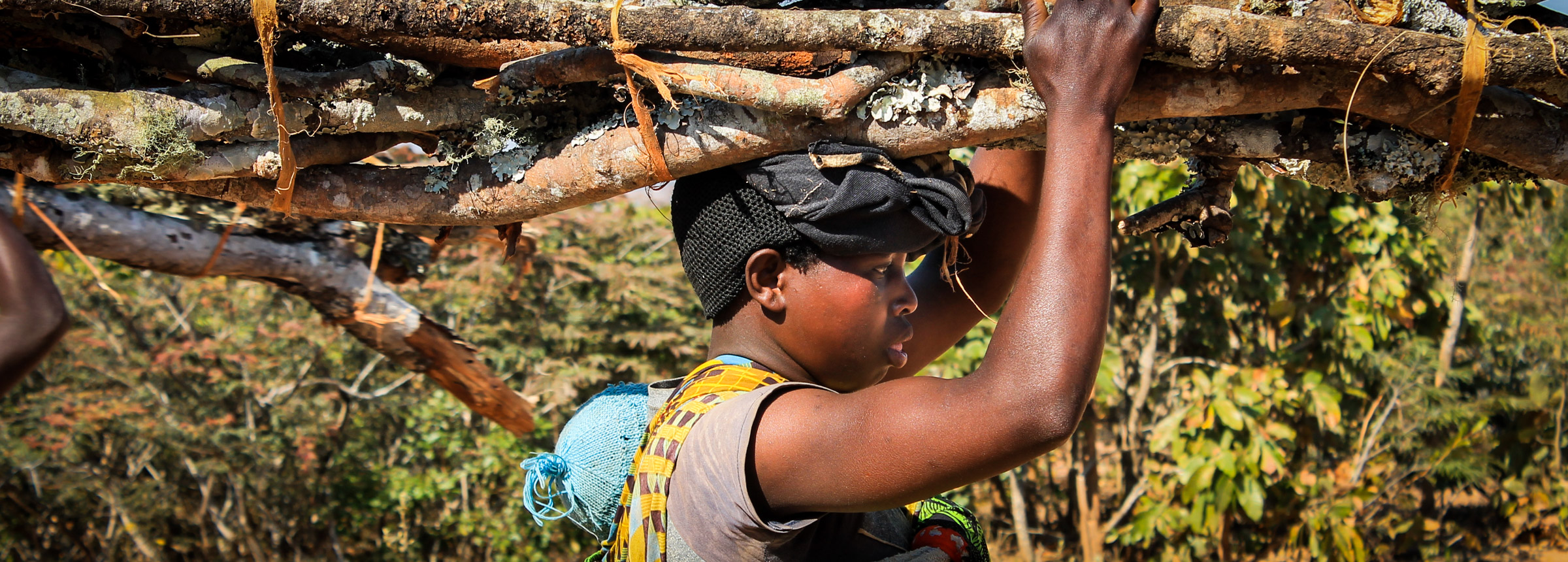
USAID/Malawi Modern Cooking for Healthy Forests in Malawi -Tiphike mwa Makono (MCHF)
USAID/Malawi Modern Cooking for Healthy Forests in Malawi -Tiphike mwa Makono (MCHF) is focused on advancing Malawi’s low-emissions, climate-resilient development through forest conservation and sustainable energy options, and through strengthening low-emission planning, analysis and investment capacities. The goal of the project is to assist in ensuring that Malawi’s forest and soil resources are managed more […]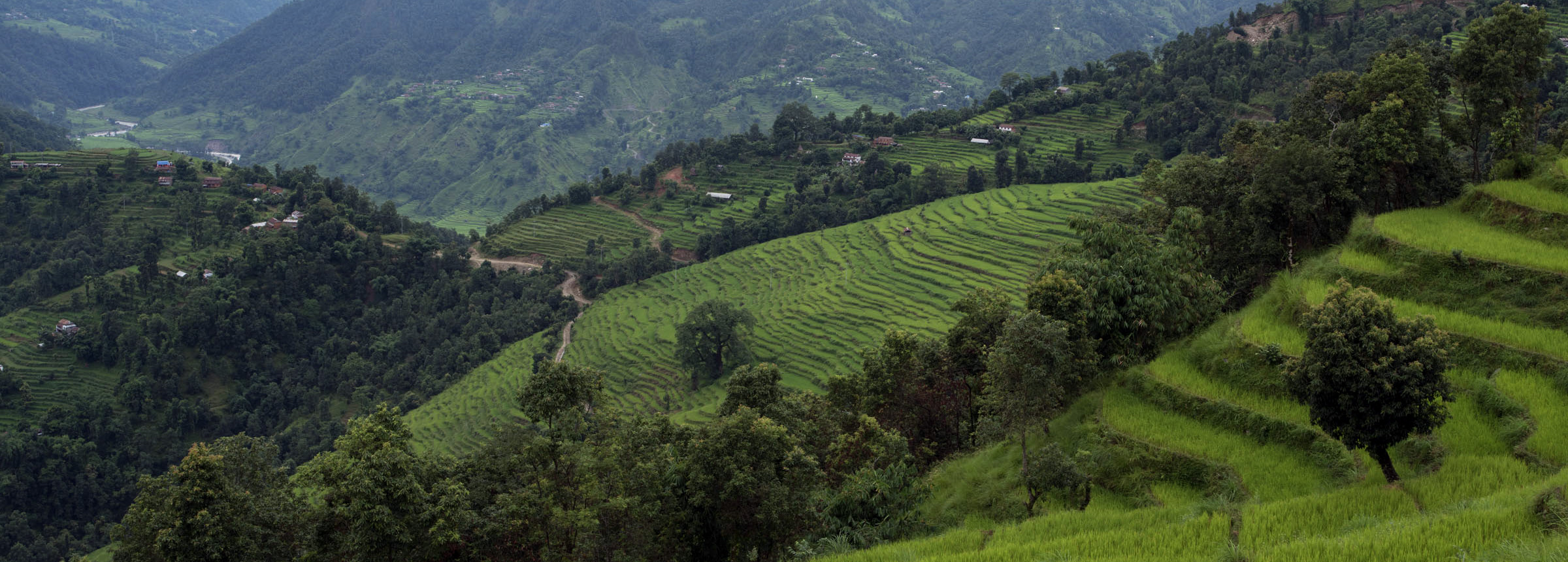
Efficient Electric Cooking Market Uptake in Nepal
While access to electricity has substantially increased in recent years in Nepal, a majority of Nepali households rely on firewood and other harmful fuels for cooking, according to the World Bank. To address this issue, the Efficient Electric Cooking Market Uptake in Nepal project will research consumer’s preferences for Electric Pressure Cookers (EPCs), as well […]